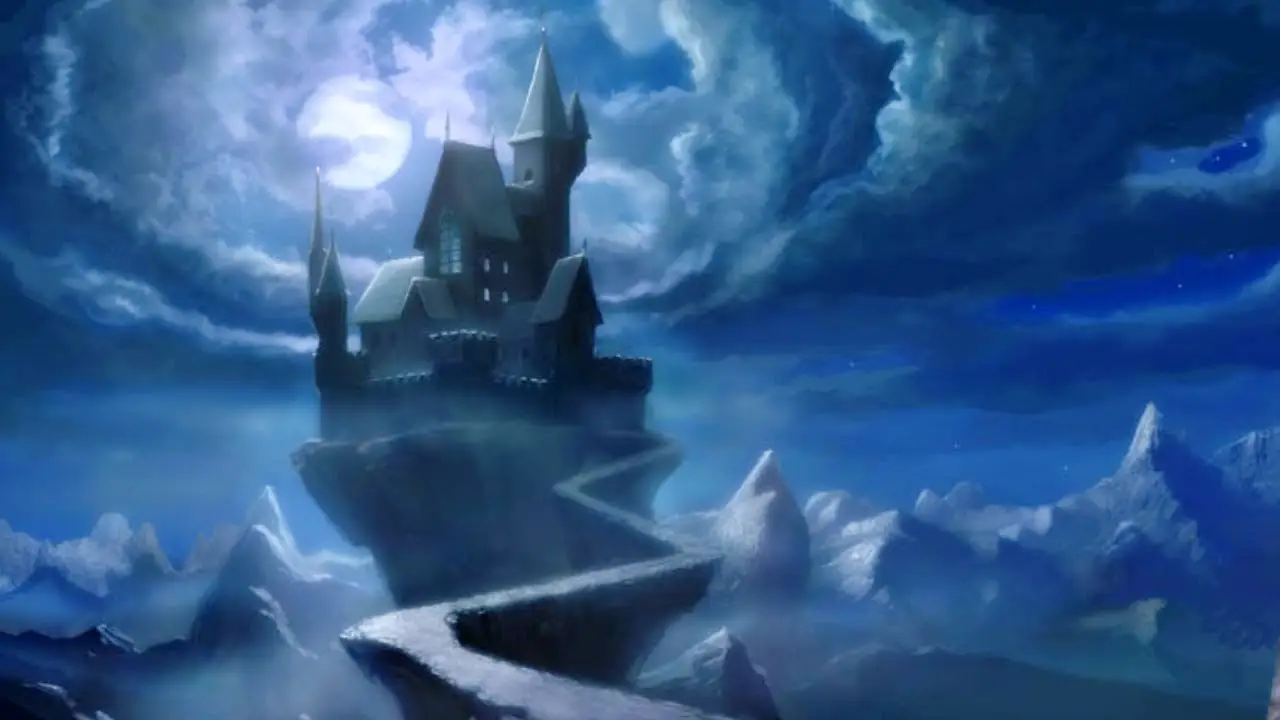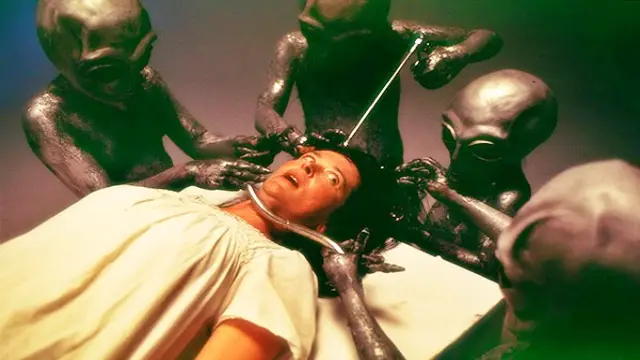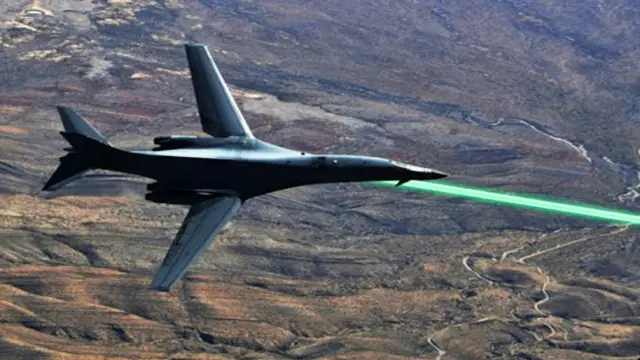n
n—Flemish National Day
n
n
n
n
n
nThis day commemorates a bloody battle fought in 1302 between a large, well-armed French army with a core of 2,500 noble cavalry, on the one hand, and on the other hand a large, well-armed group of Flemish peasants and townsfolk. (Actually, once the battle was going, the Flemish army was supplemented by some Flemish nobles—but the original battle was an uprising of “ordinary folk” against noblemen.) One reason this particular battle is celebrated is because the “ordinary folk” won! Apparently, a large cavalry force had been considered to be invincible, and military thought at the time dictated that each cavalryman (knight on a horse) was equal to ten infantryman (foot soldiers). This battle made everyone re-think military strategy.
n
n
n
n
nThis is called the Battle of the Golden Spurs because Flemish soldiers gathered hundreds (or even thousands) of golden spurs from the French knights who were killed. The golden spurs were hung in a church as a kind of victory trophy.
n
n
n
nAlthough today’s world has no independent nation called Flanders, the Flemish live on in the Dutch-speaking portion of Belgium. This holiday is the is the official Flemish Celebration Day.
n
n
n
nFor more on the battle and the day, check out the colorful illustrations and information found here.
n
n
n
n
nOne of my favorite spots in Flanders is Brugge, a picturesque city with walls and canals. I loved wandering the streets, taking a million photos, and eating Belgian fries hot off the street carts (they had a bunch of special sauces you can dip your fries into, which made it especially fun and delicious!). To see other people’s millions of photos, check out the slide show on Virtual Tourist. (Just click the photo to go to the next one.) Or scroll to the bottom of the Wikipedia page to see some gorgeous panorama shots of the city.






















